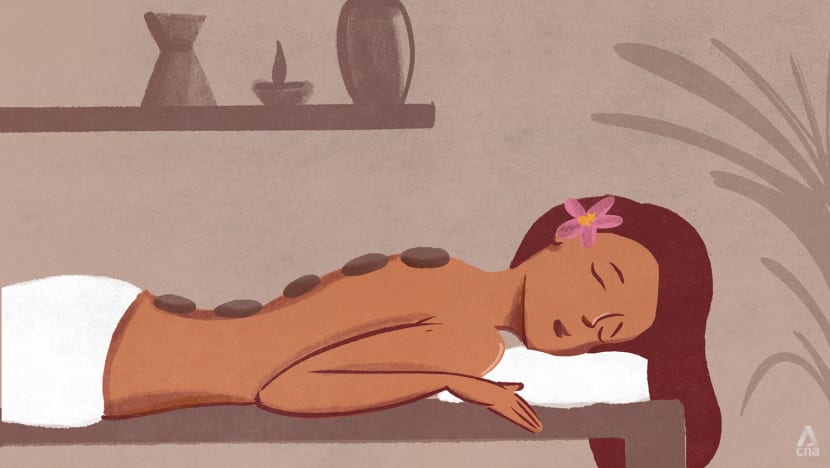
Some are predicting sweeping changes to inheritance tax under the new Labour Party Budget. Chancellor Rachel Reeves could introduce changes levy payable on the part of estates over £325,000 when she delivers her Autumn Statement. Only about one in 20 UK estates now attract inheritance tax (IHT) to HMRC.
The standard IHT rate is 40%, and it is only charged on the part of the estate that is above the tax-free threshold, which is now £325,000. The Guardian reports: "Reeves could make changes to the various exemptions, allowances and reliefs currently available: for example, the tax breaks relating to spouses and civil partners." Official figures show that in 2021-22, £15.
5bn was transferred to surviving spouses and civil partners on death – the biggest IHT tax break on the books, said Sarah Coles, head of personal finance at investment platform Hargreaves Lansdown. READ MORE Millions of drivers will wake up to £145 bill next week at 'worst possible time' She added: “If this was changed, instead of the surviving partner being able to give away up to £1m free of inheritance tax, they might be limited to £500,000.” Given that the average house in London was now worth more than that, “it could push the average Londoner into the realms of tax”.
There is a lot of speculation that the government may tighten up the rules on “gifts”, too, the Guardian reports. Changes to this regime “could mean more people receiving gifts and then being stung with a tax bill far further down the line, when they may not have any of the gift left to cover the tax bill”, said Coles. The “potentially exempt transfer” rules allow someone to give money or gifts of any amount/value to anyone which will become exempt from IHT as long as they live for seven years after giving them.
There has been a lot of speculation that the government could extend the seven years to 10 years. “At present, each of these reliefs is uncapped, but the government could seek to introduce a cap on the maximum amount of asset value that each relief can be claimed against, meaning any value above this threshold would be subject to the standard 40% IHT rate,” said Myron Jobson, senior personal finance analyst at investment platform interactive investor. Nicholas Hyett, Investment Manager at Wealth Club said: “Inheritance tax is an absolute cash cow for His Majesty’s Revenue and Customs, which is why it remains in the spotlight ahead of next weeks’ Autumn Budget.
No one knows what changes will be announced, but most agree there will be some attempt to milk more revenue from estates. "The great thing about inheritance tax from the government’s point of view is that it’s complicated, with a whole host of rules that could be tweaked to boost the tax take. Tweaks could include changes to Business Relief, including on AIM shares, making pensions subject to inheritance tax and extending the time period needed to make gifts inheritance tax free.
"Whilst this may only affect a minority of people, it will infuriate those it does and could still do serious economic damage. Business Relief helps family owned businesses pass between generations as well as encouraging investors to invest in young, fast-growing businesses – whether that’s on AIM or through starts ups qualifying for EIS. Removing the relief would decimate smaller, family-owned businesses, while also making backing smaller companies less attractive.
"Removing the IHT free status of pensions will also be damaging. It is in any government’s interest that people can support themselves in retirement. Constantly changing the rules puts people off saving in a pension, whether they are rich or poor.
All government’s need to balance short and long term priorities. Throwing the kitchen sink at IHT may be good politics in the short term, but it risks doing long run damage.”".










